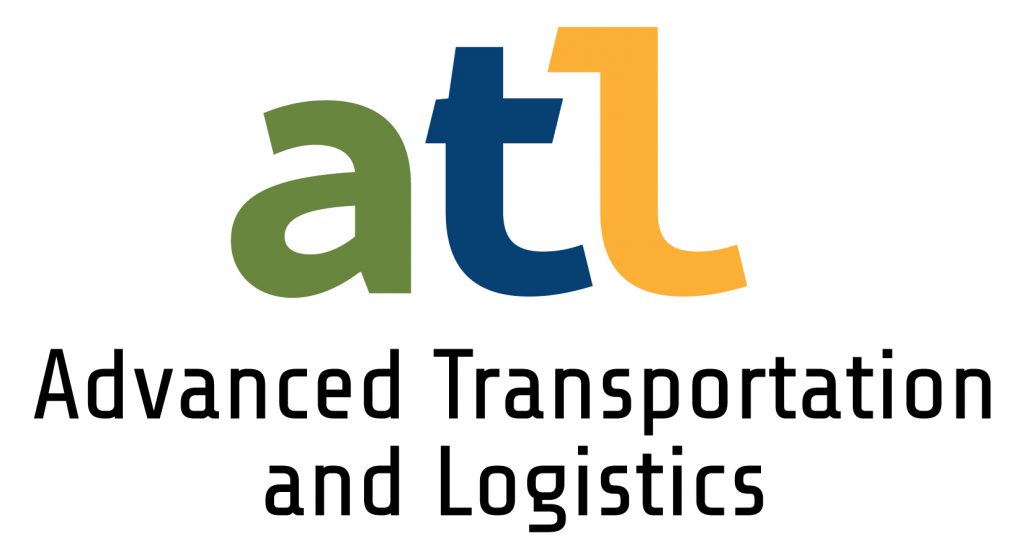 The COVID-19 pandemic has shown the importance of logistics when it comes to delivering food, medicine, and other critical supplies.
The COVID-19 pandemic has shown the importance of logistics when it comes to delivering food, medicine, and other critical supplies.
Companies in these specific industries are increasing their workforces so they are prepared to meet changing consumer demand.
Larry McLaughlin, ATL Regional Director in the Inland Empire/Desert Region, is working with the Inland Empire Economic Partnership (IEEP) to identify workforce needs and determine the best way for Community Colleges to provide the logistics training needed to support industry growth. They are working together to explore ways community colleges can support the organization’s Inland Economic Growth and Opportunity initiative.
McLaughlin encouraged his industry partners to participate in an IEEP survey asking employers about their most pressing workforce issues. The results were featured in a webinar that provided businesses with an outlook on COVID-19’s impact on the local economy and discussed their workforce concerns. McLaughlin also reviewed information and spoke with faculty from Georgia Tech’s Supply Chain & Logistics Institute, which could serve as a model for training under a special IEEP logistics center project.
“These collaborative efforts will address a projected shortage of skilled workers in logistics-related occupations,” McLaughlin said. “The success so far is engaging with the Inland Empire Economic Partnership, learning from the staff, and determining common educational goals for the transportation and logistics sectors.”
McLaughlin’s next step is to inventory all logistics and supply chain courses offered at community colleges, university campuses, and workforce centers in the Inland Empire/Desert region, in order to provide IEEP and our colleges with valuable data on program gaps and industry needs.


